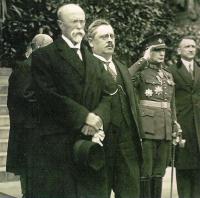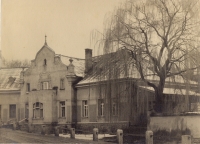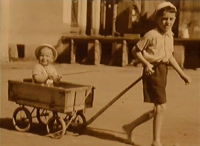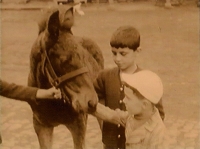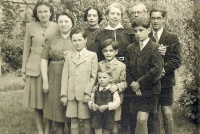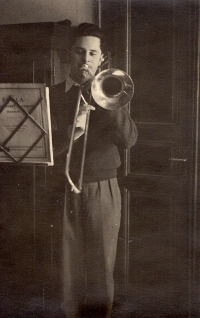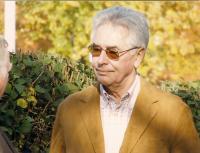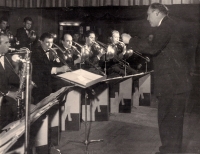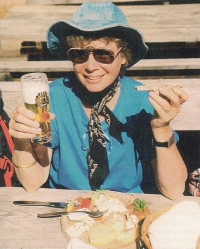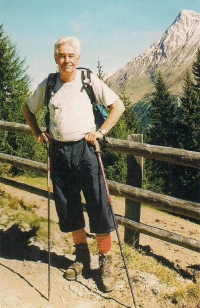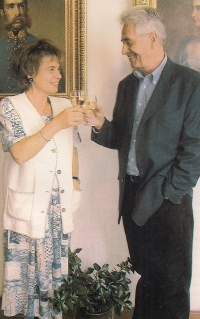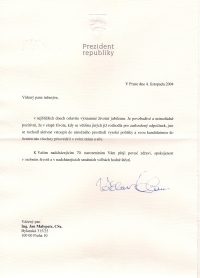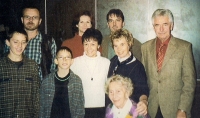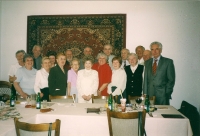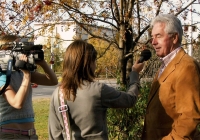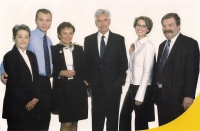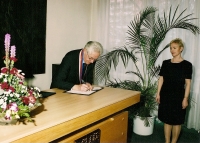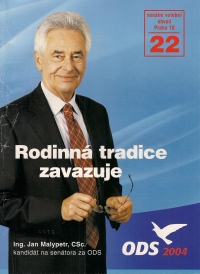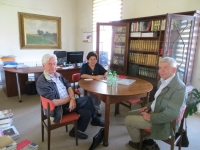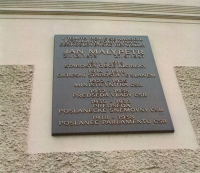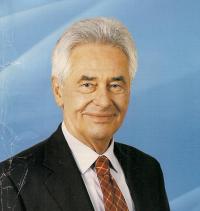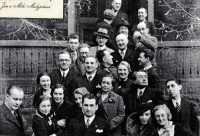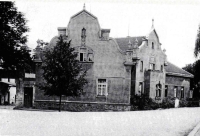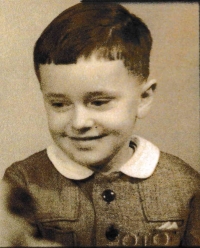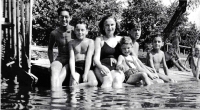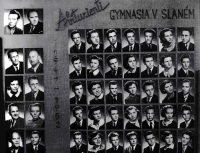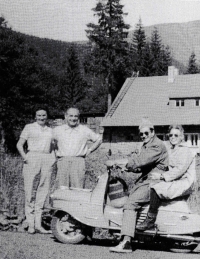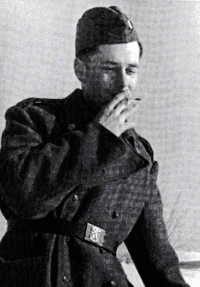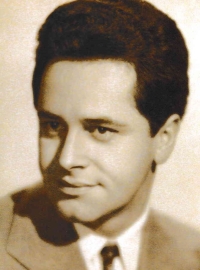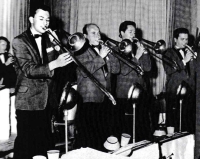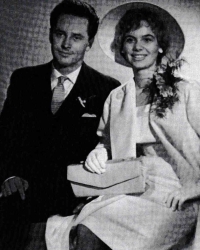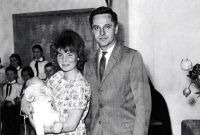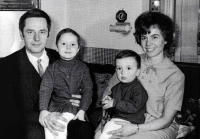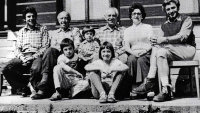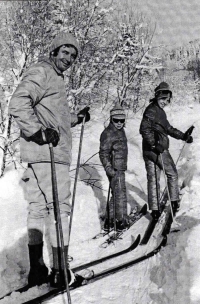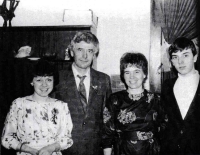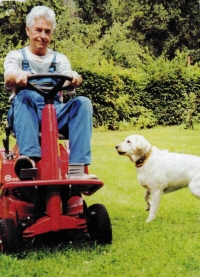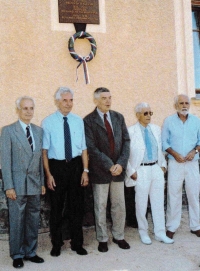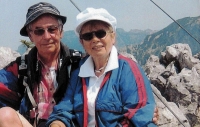We thought communism couldn’t last. It lasted for forty years

Download image
Jan Malypetr was born on 9 November 1934 in Prague. He was the grandson of Jan Malypetr, a prominent First Republic politician and the last pre-Mnich chairman of the National Assembly. Until 1954 he lived in Klobuky near Slaný, where his father farmed the family farm. After 1948, the family suffered the same fate as many other farmers families - expropriation of the farm and forced eviction. After graduating from the Slaný grammar school in 1952, he studied trombone at the State Conservatory of Music in Prague and at the Faculty of Civil Engineering of the Czech Technical University in Prague. He was expelled from the university for political reasons shortly before graduation and only after completing his military service and working on construction sites in the working professions was he able to complete his studies. In Prague he worked as a trombonist in a number of prestigious dance orchestras. After obtaining his university education, he became a designer, first in the sugar industry and later at the State Institute of Transport Design. His specialty was railway bridges. In 1961 he got married. With his wife Eva he had two children - a son and a daughter. In 1998 he became a member of Civic Democratic party. He was elected to the Prague 10 City Council for this party and ran for the Senate in 2004. In 2023 he was living in Prague.
